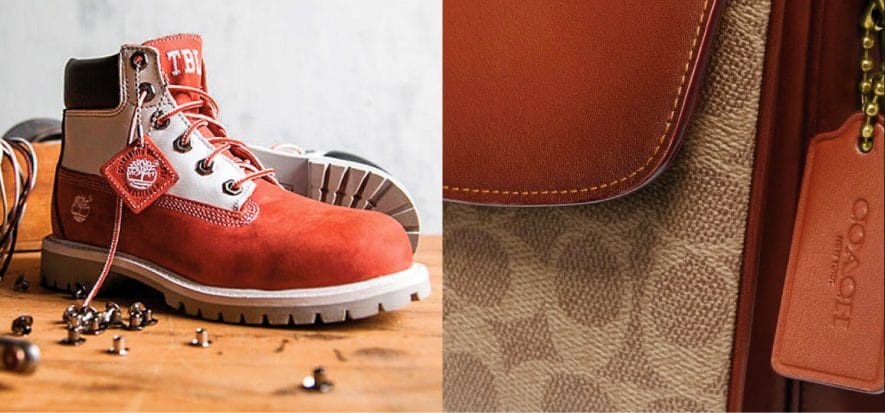Struggling against time. The footwear market, as much as the fashion business, considers delivery rapidity to be one of the most topical and important challenges to deal with while aiming to boost sales. During the presentation of Timberland’s new headquarters in London, Christopher Raeburn, creative director of the brand, emphasized that “our development times are outstandingly long: in fact, a project may require six months, while manufacturing takes nine more. Consequently, we send our product to stores and we hope that customers will pop in to buy it. We are talking about an amazing risk and complication level”. As reported by Fashion Network, Raeburn mentioned, among solutions underway, one of Timberland’s experimental projects, whose name is Construct 10061: “We engaged a number of designers from all over the world and we teamed them with ours; then we went and see our factory in the Dominican Republic. We manufactured around 40 prototypes in 4 days. Then we posted them on Instagram, and followers could cast their vote for the ones they liked the best”. Raeburn said it was an example of “global localization”.
On the other hand, US groups, who decided to relocate part of their manufacturing from China to other countries in South East Asia, are dealing with another struggle against time. A wider and more complicated one. The aim is to bypass duties imposed by US President Trump. Yet, they are realizing it is not that easy after all. In fact, production standards are in line with the Chinese ones, but logistics and infrastructures are not alike. Consequently, they have to cope with inefficiency, slowdowns and higher costs. Bloomberg had first looked into the matter, subsequently spotlighted by the Wall Street Journal, which quoted a few remarks by Andrea Shaw Resnick, Tapestry financial director (their own brands are Coach, Kate Spade and Stuart Weitzmann): “Investments in infrastructures and facilities in the harbours of South East Asia simply did not keep up”. Tapestry are currently manufacturing in Vietnam, The Philippines and India. Resnick said that such logistic jam made “delivery times longer, with larger provisions at sea at a given moment”. Rob Wallstrom also expressed his concern while talking about the topic. He is the chief executive officer of Vera Bradley, an American manufacturer of fashion accessories (they also make use of vegetable tanned leather), which halved provisions coming from China. He pointed out: “Timing is one of our challenges – he stated at the WSJ –. In fact, deliveries coming from other countries, out of China, make our regular production cycle longer. Of course, we are talking about raw materials supply and shipment routes timing”.
Pictures taken from it.coach.com and timberland.it










